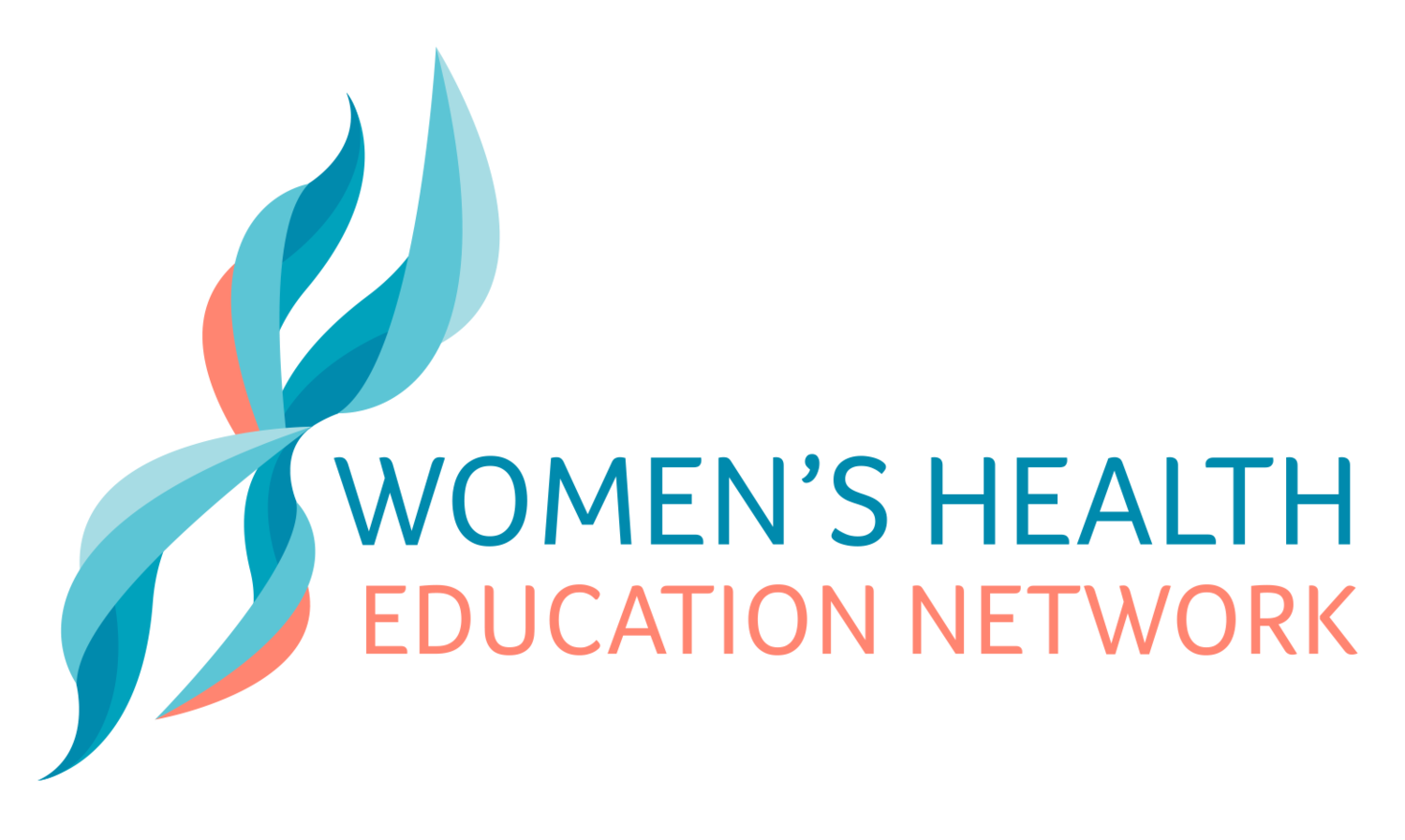The Menopause Conspiracy: Pill Yes, Pause No?
So, here we are, staring down the barrel of menopause, armed only with a fan and society's baffling double standards. "Take the pill, avoid the spill," they preached for years. But suggest hormone therapy to ease the existential inferno of menopause? Suddenly, it's, "Whoa, Nelly! Isn't that a bit much?"
Pill for Youth, Pause for... Silence?
We've been doling out hormones like candy when it's about preventing babies. But when it comes to saving ourselves from turning into fire-breathing dragons of menopause, hormone therapy is eyed like it's witchcraft. Funny how we trust the same science to stop the baby factory but not to oil the aging gears.
A Toast to Our 'Over-Medicalised' Selves
Enter stage left: an editorial in The Lancet, penned, to my dismay, by a fellow Australian epidemiologist. The piece champions the 'natural course' of menopause, seemingly admonishing those of us who've dared to seek relief beyond stoic endurance. "It's natural!" they proclaim, as though the myriad challenges of womanhood could simply be dismissed with a nonchalant "she'll be right."
Hot flashes? Merely our body's attempt at creating its own tropical climate, it seems. Declining bone density? Apparently, an excuse to skip wearing high heels. And as for those maddening cognitive hiccups—where was I again? Oh, right, just another delightful aspect of being a woman, if you listen to this narrative.
Yet here we are, on International Women's Day, presented with a narrative that doesn't just quietly perpetuate these outdated views but amplifies them, diving into the menopause hormone therapy (MHT) debate not to illuminate but, it appears, to chastise. It’s as if from half a world away, we can feel the scolding finger wagging, suggesting we’re all just a bit too keen on seeking solutions that make life bearable through menopause.
A Nod to Evidence (and the Lack Thereof)
While this piece rings with editorial freedom, let's not confuse it with the gospel truth. The Lancet's stance that we're turning menopause into a medical condition to be "cured" rather than a natural stage of life overlooks a fundamental issue: the lived realities of millions of women. It's not just about cooling off hot flashes; it's about quality of life, mental clarity, and physical well-being.
Menopause Misunderstood: The Silent Struggle of Many
On a more serious note, the reality for many women navigating menopause is far from the trivial portrayal suggested in recent discussions. Countless friends, family members, and women we encounter in our work have shared stories of deep struggle, often feeling sidelined by a condition that profoundly impacts their daily lives. To them, suggesting menopause is an over-medicalised, natural phase can feel dismissive, a form of gaslighting that undervalues their genuine torment. It's crucial we recognise and validate these experiences rather than diminish them.
Here's to Choice, Cheers to Voice
Forget whispering; it's time for shouting—from rooftops and in doctor's offices. It's not about demanding hormone therapy for all, but demanding the right to choose without being patronised. It's about breaking the cycle of silent suffering, armed with knowledge, options, and the sheer audacity to ask for more.
So, as we mark another International Women's Day, let's not just accept the narrative. Let's challenge it, change it, and maybe, just maybe, enjoy a chuckle at the absurdity of it all.

